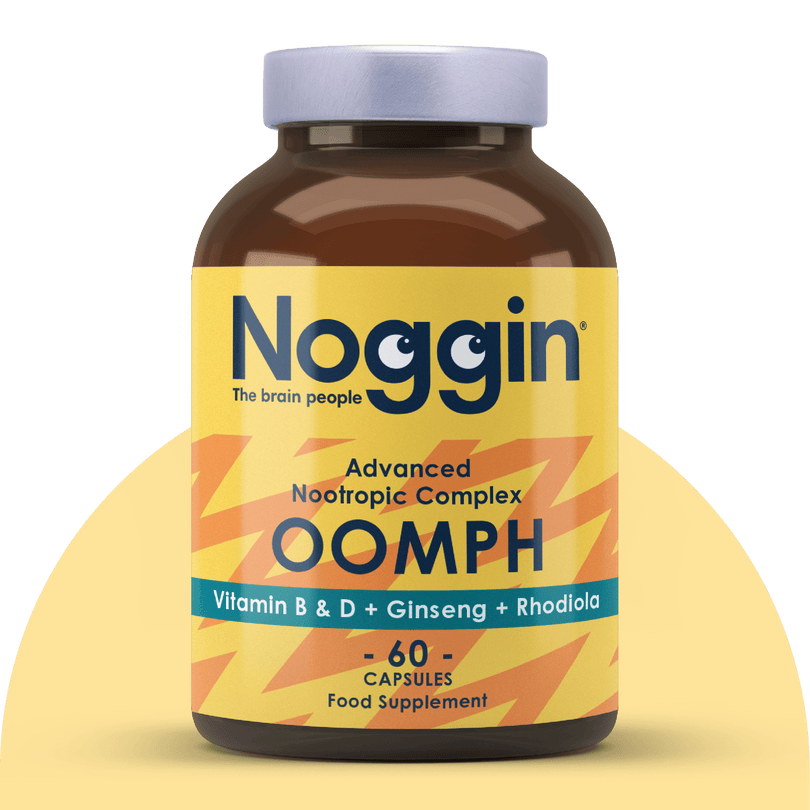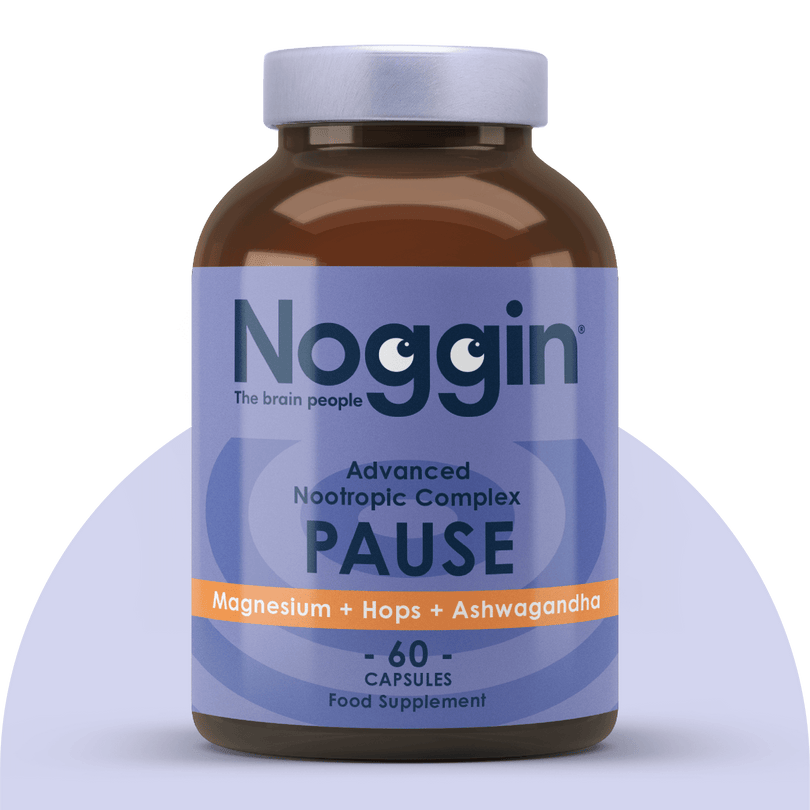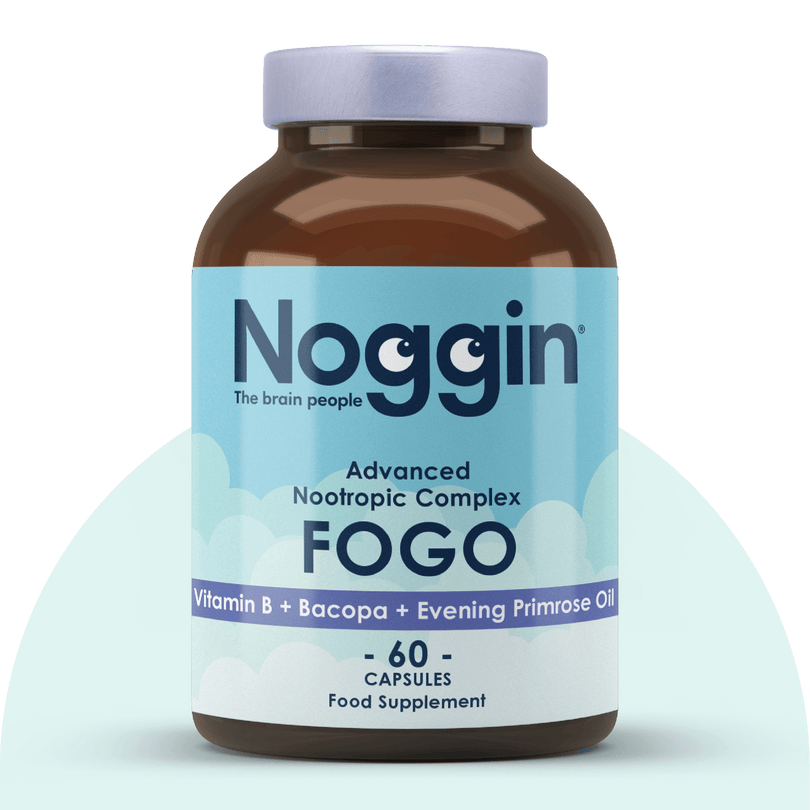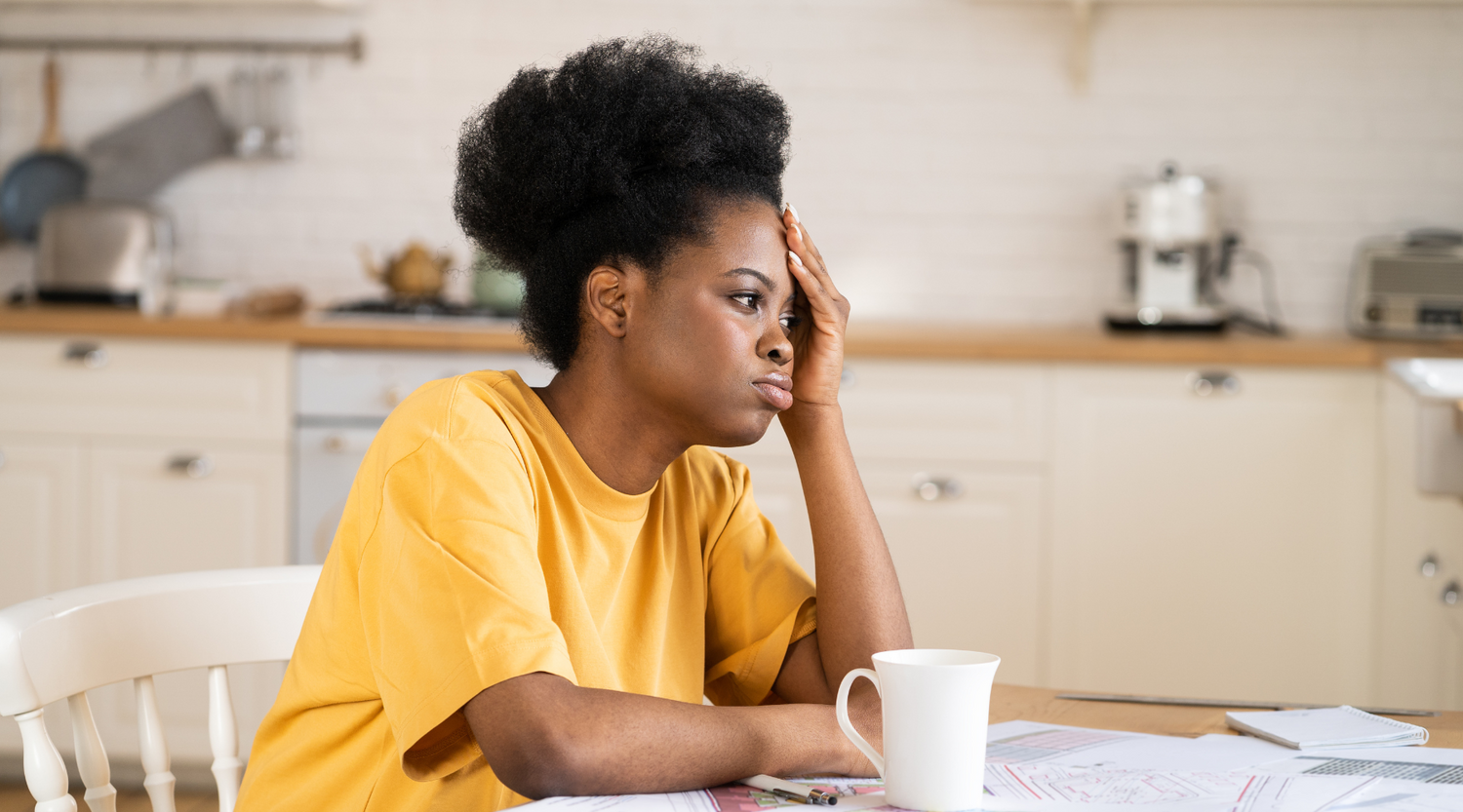Did you know that a lack of quality sleep could be causing you stress?
According to The Sleep Charity, 1 in 5 adults in the UK are experiencing stress and more than 62% of adults feel anxious at least once a week.
So what is causing this high level of stress in adults? For many of us, it's a combination of factors including work, family life, diet and insufficient or poor quality sleep.
Adults who sleep fewer than eight hours a night report higher stress levels than those who sleep eight hours or more. But recent research conducted by the Loughborough University Sleep Centre has shown that women, especially those going through perimenopause, need significantly more sleep than men - around 9 hours. (That's because women use their brains more than men..!)
So what's the link between poor sleep and stress?
When we experience stress, our bodies release a hormone called cortisol. Cortisol is super helpful in the short-term as it gives us an energy boost to deal with stressful situations. However, if cortisol levels stay elevated for too long, it can really mess with our sleep patterns.
Excess cortisol makes it harder to fall asleep and disrupts our sleep cycles, leaving us feeling groggy and unrested the next day. And, of course, poor or lack of sleep is actually a stress trigger itself, causing our bodies to produce more cortisol.
The good news is that there are steps we can take to improve our sleep hygiene and get some quality shut eye.
Here's three solutions to help you improve your sleep:
1. Magic of magnesium
The role that magnesium places in a good night’s sleep is often overlooked.
Responsible for over 300 processes in the body and it prepares the mind and body for sleep as well as never relaxation, energy maintenance and heart function.
You can take a supplement and also bathe in Epsom salts and of course you can ensure that your diet is topped up with magnesium rich foods which include seeds, whole grains, bananas, dark chocolate and leafy green vegetables.
The science part is that Magnesium helps by maintaining healthy levels of GABA which is a sleep inducing neurotransmitter.
Magnesium relaxes by promoting the release of muscle aches and removes tension from the body helps us to sleep more soundly.
2. Eat a handful of cherries
Cherries are naturally rich in melatonin, the sleep hormone which helps regulate the body’s sleep-wake cycle.
If you don’t feel tired enough to sleep in the evenings, try eating cherries a couple of hours before bed or, even better, drinking cherry juice.
3. Supplement with L-Theanine
L-Theanine helps to boost production of GABA, which as we know is a calming brain chemical that promotes sleep. It has been shown to help people fall asleep more quickly, reduce restless sleep, increase sleep amounts and improve symptoms of insomnia, and the good news is that you can find it in PAUSE, too.
As always with supplements, if you’re unsure check with your GP.





